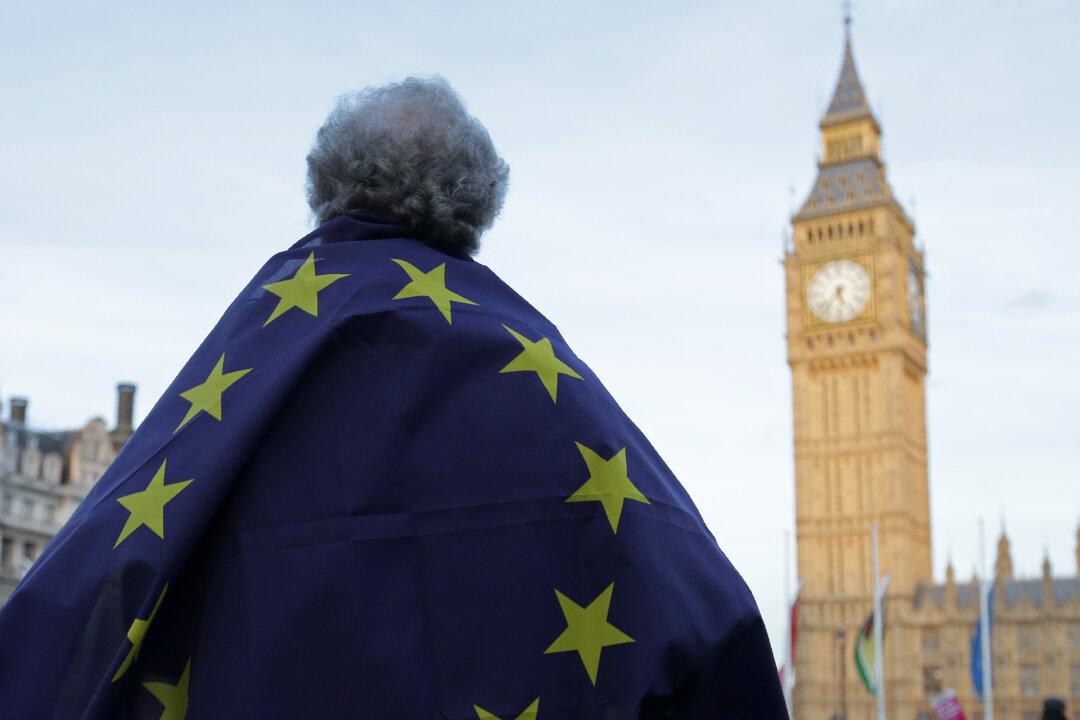LONDON—The UK can back out of Brexit without the agreement of the European Union, the advocate general of the European Court of Justice said in official advice on a case brought by anti-Brexit campaigners.
The plaintiffs are hoping the case will light the legal path for British lawmakers to back out of Brexit—if they wish to—as they vote on the Brexit deal hashed out between the EU and UK.





